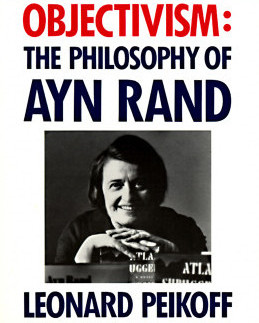An excerpt from chapter 5 on Reason from Objectivism: The Philosophy of Ayn Rand by Leonard Peikoff.
Claims based on emotion are widespread today and are possible in any age. In the terminology of logic, such claims are “arbitrary,” i.e., devoid of evidence. What is the rational response to such ideas, whether they are asserted by others or are a product of one’s own fancy?
Granted that an arbitrary declaration does not qualify as knowledge, might it nevertheless still be true? If so, should one suspend judgment? Should one allow that it is unproved but possible? Is one obliged to refute such an idea in order to justify rejecting it? In short, what is the epistemological status of the arbitrary, and how should claims of this kind be dealt with by an exponent of reason?
Aside from offering practical guidance on a matter that is urgent today, my deeper purpose here is to identify a corollary of the last chapter’s discussion of logic. The corollary illuminates from a new aspect the futility of any nonrational approach to epistemology.
An arbitrary claim is one for which …
Read the rest in Objectivism: The Philosophy of Ayn Rand.
